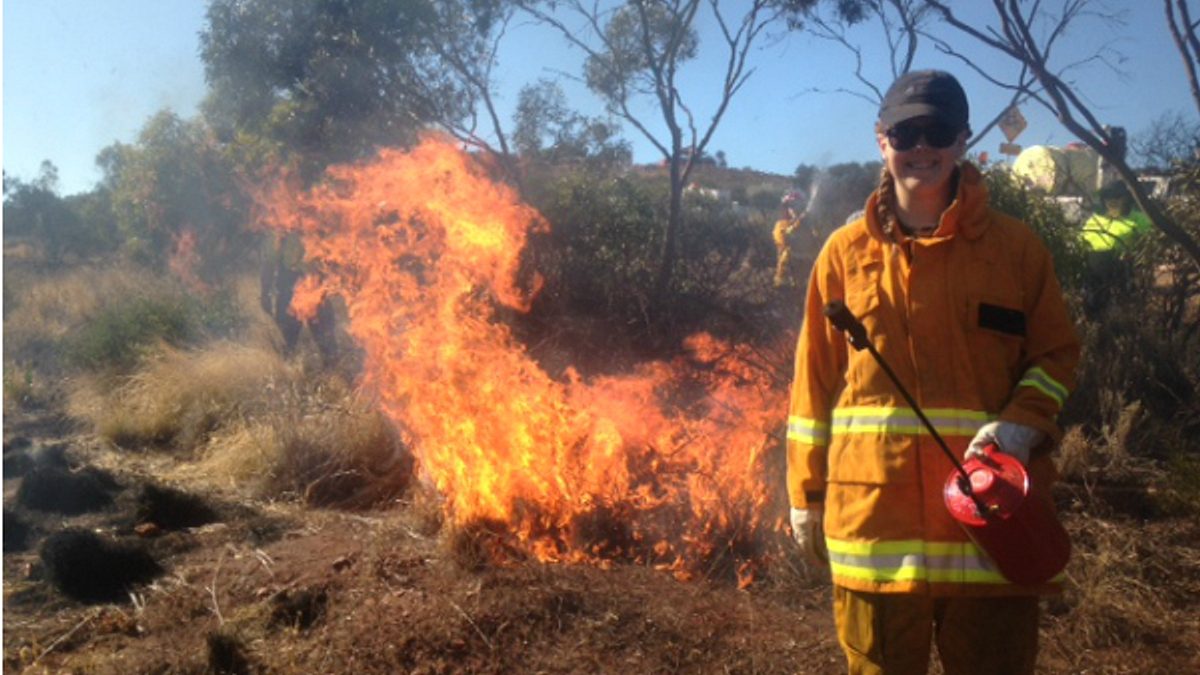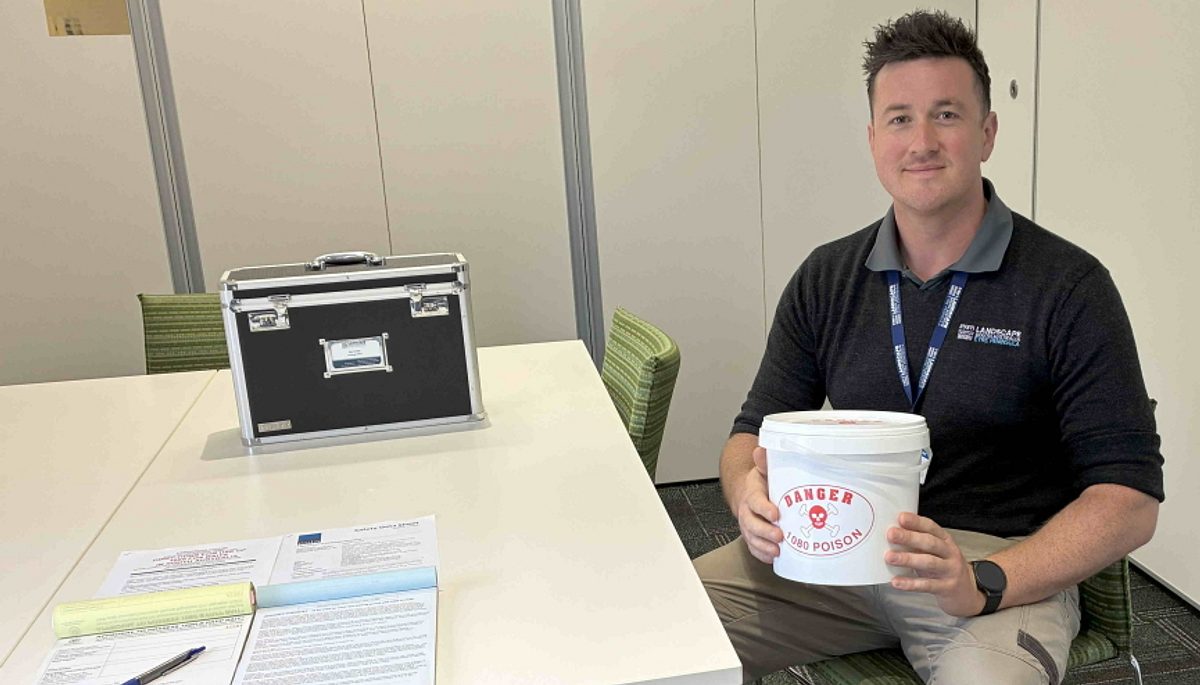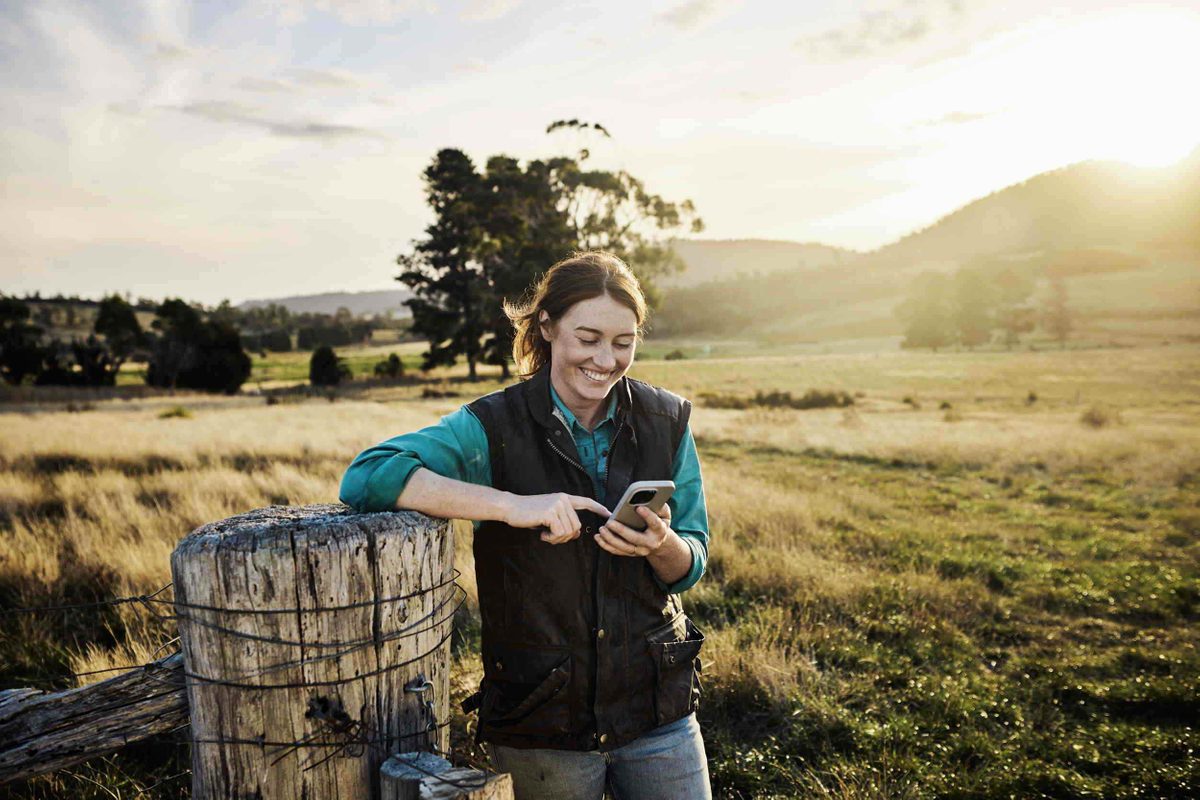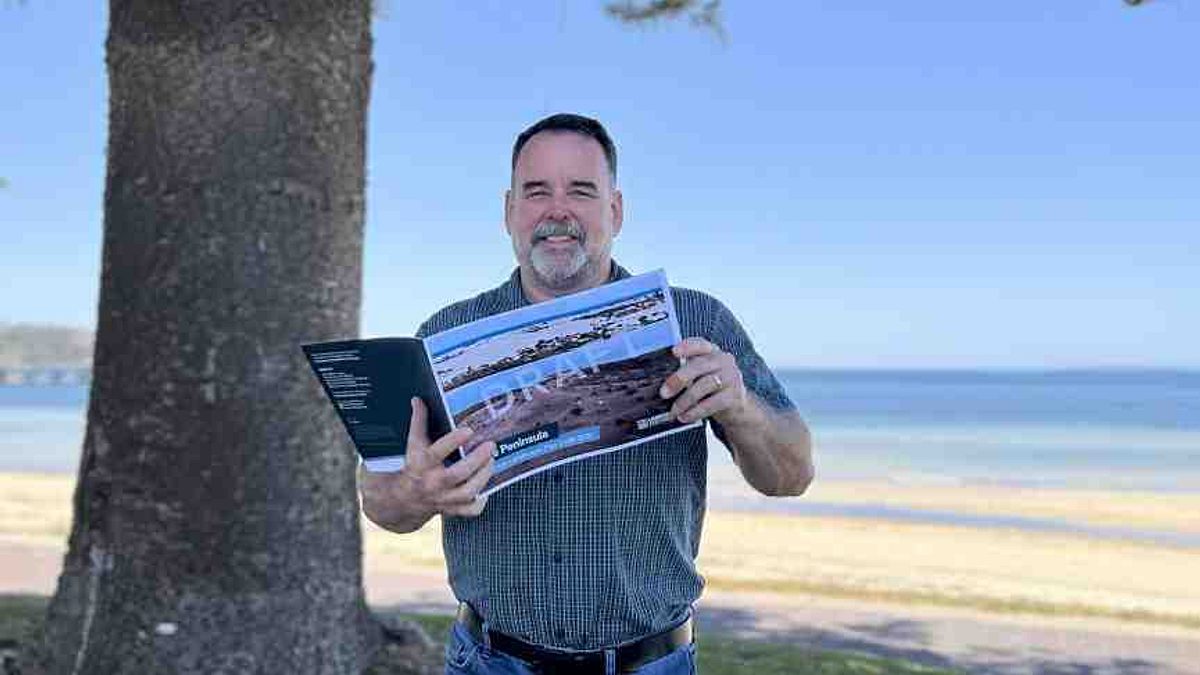Whyalla’s hills respond well to burn
A recent burn in Whyalla’s Hills of the highly invasive weed fountain grass has been successful, opening up the walking trails and reducing the weed’s hold on the area.
A recent burn in Whyalla's Hills of the highly invasive weed fountain grass has been successful, opening up the walking trails and reducing the weed's hold on the area.
Department of Environment, Water and Natural Resources fire crew, and local council staff spent two days burning fountain grass, in an effort to help return the hills to their natural state.
Natural Resources Eyre Peninsula Officer Kate Brocklehurst said that Whyalla's native plants species that flourish in the area were beautiful and provide food and shelter to native animals.
"Without native plants our birds, lizards and other native animals would really start to suffer, so it’s great that work is being done to help our local plants," she said.
If you walk up the trail on Hummock Hill the difference is visible. Visitors can see so much more as the dense weed has been removed and can really enjoy our native plants and animals.
Fountain grass is a South African weed that is extremely flammable, and with a burning temperature hotter than most native plants, it risks the whole ecosystem.
"In natural conditions, native plant seeds that are already in the ground often respond to fire as it can trigger some of them to germinate," Ms Brocklehurst said.
"Hot fires in introduced grass species like Fountain Grass reach a temperature that will burn and destroy that important seed bank, removing future generations of our local species and changing our landscape forever."
"Very hot fires can also kill plants that usually are able to re-sprout after fire."
For any help identifying or treating these or any other pest weed, you can contact Kate Brocklehurst on 0488 000 481 or e-mail.



